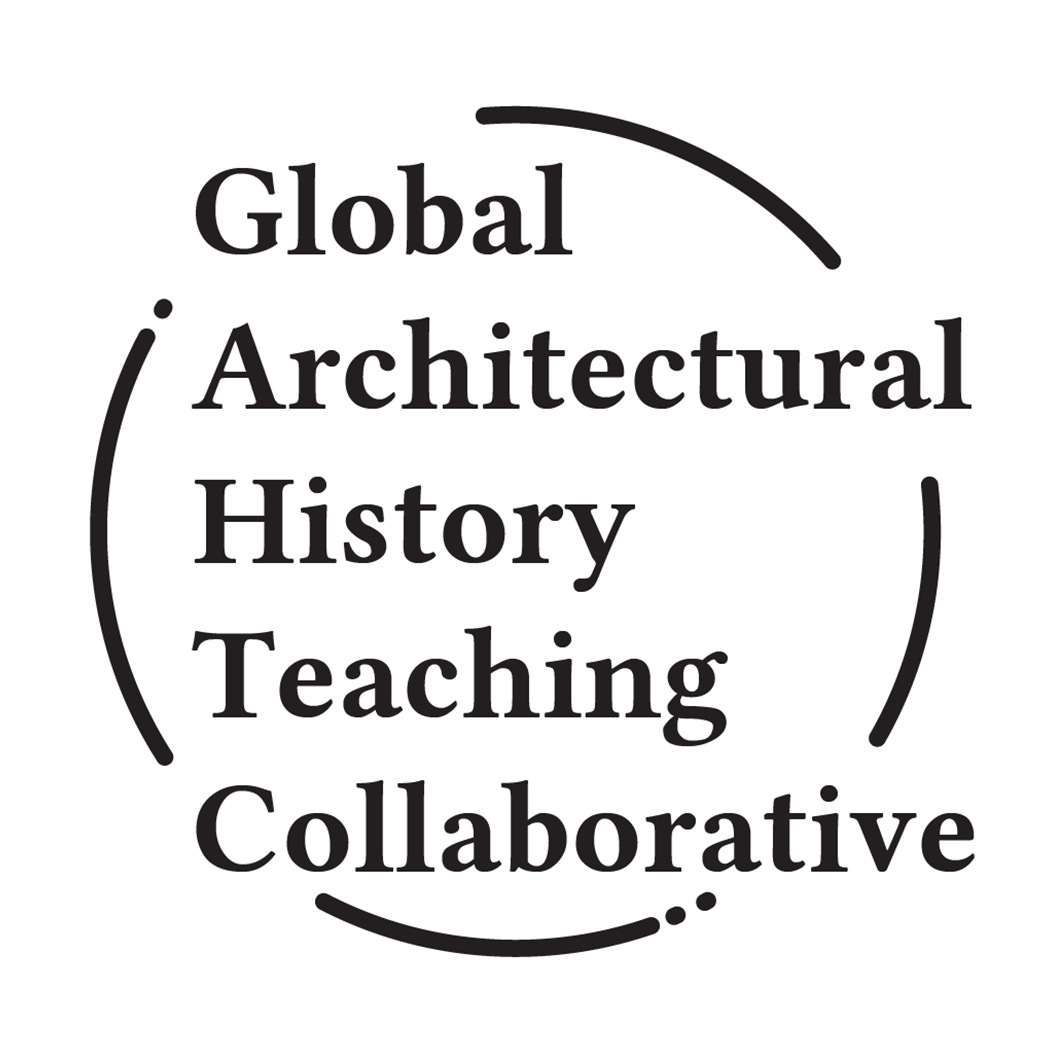Project Manager
Eliana Hamdi Murchie
Announcing the next cycle of the GAHTC, and six new research grant opportunities
The goal of this cycle to promote interdisciplinary exchange amongst scholars of all ranks, the research of emerging scholars, as well as field visits for the production of new and innovative research.
The GAHTC is happy to announce the launch of its next cycle of funding, research, and collaborative exchange. It will begin by dedicating its recent award of $1.5 million from the Mellon Foundation towards an annual Member’s Conference, Teacher-to-Teacher Workshops, as well as a new grant program, to promote the development of survey course material in the global history of architecture.
GAHTC will dedicate nearly $500,000 in funding to building new content through a multi-pronged plan towards research and professional expansion. To that end, GAHTC2 will include six new grant funding opportunities: Targeted Acquisition Grants, Untargeted Field-initiated Grants, Emerging Scholar Grants, Global Connections Fellowships, Research-to-Teaching Grants in affiliation with the Society of Architectural Historians, and Field Seminar Travel Grants, also in affiliation with SAH.
This second phase of the GAHTC will continue to help teachers of architectural history meet the pressing realities of a global perspective by funding teams of scholars to build upon the nearly 200 lectures that already exist on its free, web-based, teacher-to-teacher platform. GAHTC will continue to expand its library in the next years with the aim to further enhance teaching capacity and collect innovative research.
GAHTC aims to strengthen humanities teaching, while also sponsoring teacher-to-teacher conversations to support pedagogy with a global perspective all the while encouraging the importance of interdisciplinary exchanges.
More information on membership and related opportunities, as well as the six grants and their submission guidelines can be found at GAHTC.org.
*The GAHTC is funded by the Andrew W. Mellon Foundation, with administrative connection to MIT’s School of Architecture and Planning and its History Theory and Criticism Program.

 Study Architecture
Study Architecture  ProPEL
ProPEL 
